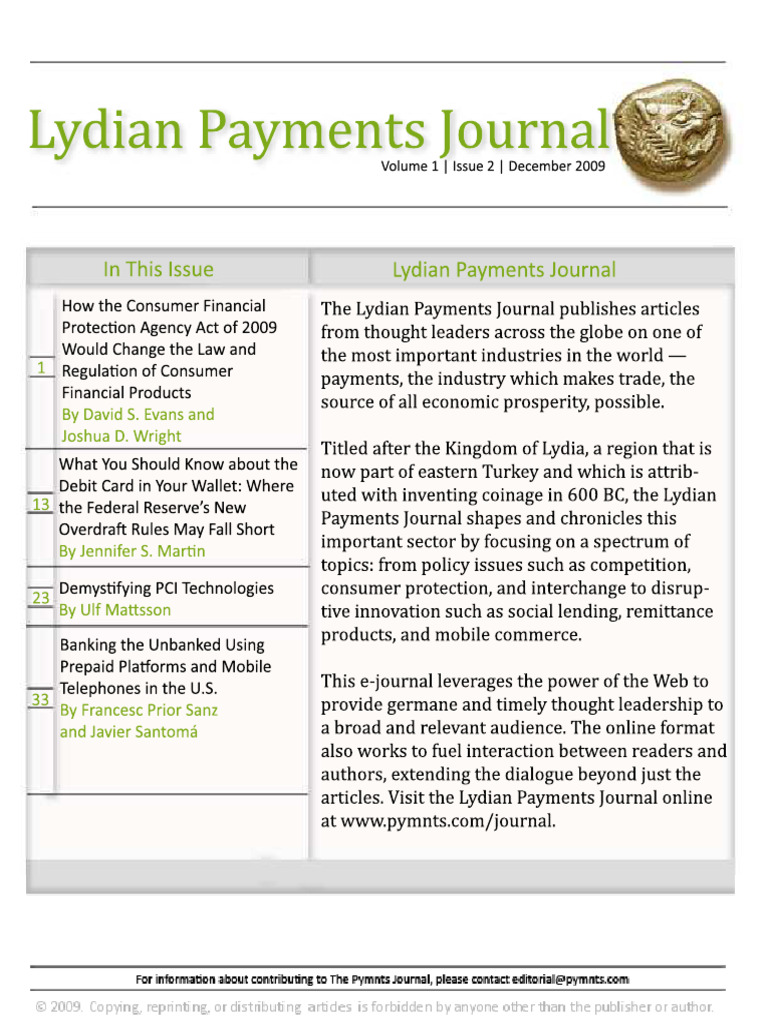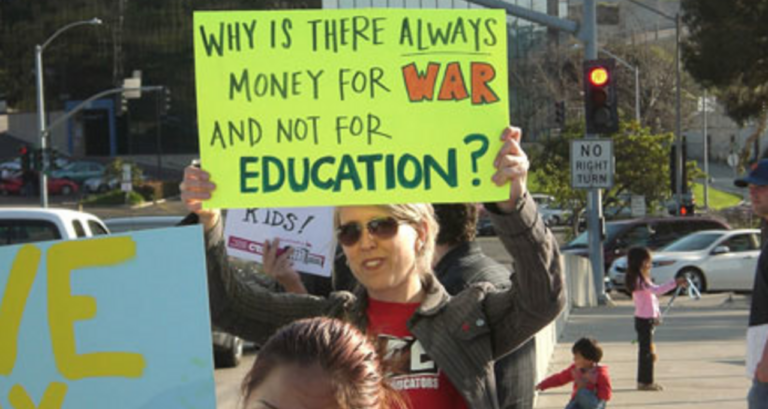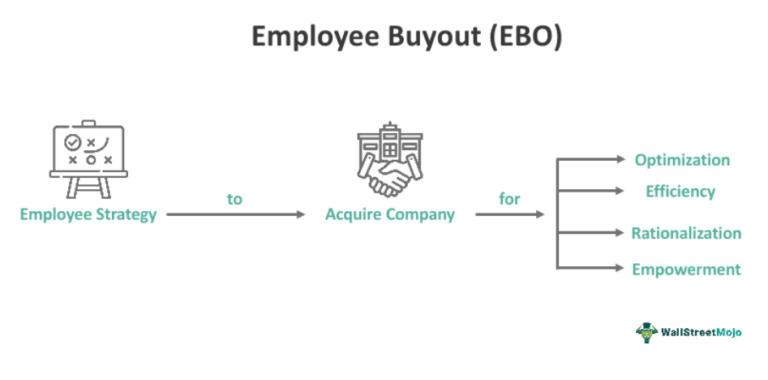
Audience
- Sentiment: Concerned
- Political Group: Progressive
- Age Group: Young Adults
- Gender: All Genders
Overview
- The CFPB was established to protect consumers from unfair financial practices after the 2008 financial crisis.
- The CFPB is facing significant challenges from the White House, with proposals that could limit its influence.
- Consumer advocates, including lawmakers like Elizabeth Warren, stress the importance of the CFPB in ensuring fair financial practices.
The Battle for Consumer Rights: The Future of the Consumer Financial Protection Bureau (CFPB)
In the world of finance, it is easy to feel overwhelmed, especially when it comes to managing money or understanding the complexities of loans and credit cards. However, thanks to certain organizations, consumers, meaning everyday people like you and me, have a chance to navigate this tricky landscape more easily. One of the most important organizations that has emerged in recent years to protect consumers is the Consumer Financial Protection Bureau, commonly known as the CFPB. But recently, this bureau has come under fire, and the situation has become quite a debate.
What is the CFPB?
Let’s take a step back and understand what the CFPB actually is. Established in 2010 in the aftermath of the financial crisis of 2008, the CFPB was created to help protect consumers from unfair, deceptive, or abusive practices related to financial products and services. Picture this: before the CFPB, many consumers were trapped with hidden fees on their mortgages or credit cards, facing complex contracts filled with legal jargon they couldn’t understand. The CFPB took on the important job of making sure financial institutions treat customers fairly and transparently.
The CFPB is tasked with several key responsibilities — overseeing banks, mortgage companies, payday lenders, and other financial entities. It looks out for consumers by enforcing rules that prevent unfair practices, investigating consumer complaints, and even running campaigns to educate the public about managing their finances wisely. Think of it as a watchdog for your wallet, ensuring that your hard-earned money isn’t being unfairly taken advantage of.
The Current Situation: White House and CFPB
Currently, the CFPB is facing significant challenges from the White House. Recently, officials labeled it a “woke” agency, aiming to limit its influence and even dismantle it altogether. This term has been widely debated; it’s often used to describe organizations that focus on social justice issues, but in this case, it’s meant to suggest that the CFPB is overstepping its boundaries.
Russell Vought, the newly appointed acting director of the CFPB, has put a halt to many of the bureau’s operations. Imagine working on a project you’re passionate about, and suddenly someone says you can’t do it anymore. That’s exactly how many employees at the CFPB feel right now. They worry that the goals of the Bureau — to protect everyday consumers like you and me from being cheated by large financial institutions — are being threatened. This has led to protests and lawsuits from these employees, who fear a backlash that could leave consumers vulnerable once again.
Who is Supporting the CFPB?
On the other side of this battle are advocates for the CFPB, including prominent lawmakers and everyday citizens who believe in the importance of consumer protection. Figures like Senator Elizabeth Warren have publicly voiced their concerns about the potential dismantling of the Bureau. Warren, who played a role in the establishment of the CFPB, argues that this agency is essential for ensuring that consumers are not taken advantage of by financial institutions.
Moreover, critics of the White House’s moves include influential figures like Elon Musk. Even though Musk is known for his contributions to technology and space exploration, he has raised alarms about the CFPB’s reach, questioning whether it goes too far. This highlights a broader concern: the balance between regulation and freedom for businesses. While some believe businesses should be allowed to operate without heavy oversight, others argue that without some level of regulation, consumers could face serious risks.
Why Should You Care?
So, why does all of this matter to you as a teenager or a young adult? Well, you might not be applying for a credit card or a loan just yet, but soon enough, you’ll find yourself dealing with such financial decisions. Understanding the role of the CFPB could make a huge difference when you step into the world of adult finance. The Bureau protects consumers’ rights and ensures that financial products are fair and accessible.
Imagine you’re shopping for a used car and looking for a loan to help pay for it. The last thing you want is to be misled into a loan with ridiculously high interest rates or hidden fees that don’t appear until it’s too late. If the CFPB has its power diminished, there might be fewer protections in place to shield you from these problems.
The Bigger Picture
The current tension surrounding the CFPB raises important questions about the future of consumer rights in our country. As young adults stepping into an increasingly complex financial world, it is vital to critically think about issues involving consumer protection. Are you in favor of maintaining strong oversight in financial markets to protect consumers, or do you believe it’s better to let financial institutions operate with less regulation?
It’s also about understanding the importance of advocacy. The CFPB is an embodiment of consumer empowerment, and maintaining its presence is crucial for generations to come. You might feel that politics is boring or distant, but the decisions being made right now could affect you personally. Your voice matters, and engaging with these topics can help shape a more just and equitable financial environment.
Taking Action
If you feel passionate about this issue, there are ways to get involved. Whether it is discussing the topic with friends, writing your representatives, or simply learning more about personal finance, you have the power to make a difference. Consider exploring topics such as financial literacy or consumer rights. The more informed you are, the better equipped you will be to make decisions that affect your future.
Final Thoughts
In conclusion, the battle over the CFPB is not just a political issue — it directly impacts your rights as a consumer. The ability to have a safe and fair marketplace where businesses operate responsibly helps everyone in our society succeed without falling prey to deception. As young individuals preparing to step boldly into the world, it is crucial to care about these conversations and stand up for your rights.
Now, I want to hear from you! What are your thoughts on the CFPB and consumer protection? Do you feel it’s necessary to have an agency like the CFPB, or should financial institutions have more freedom? Share your comments below!





